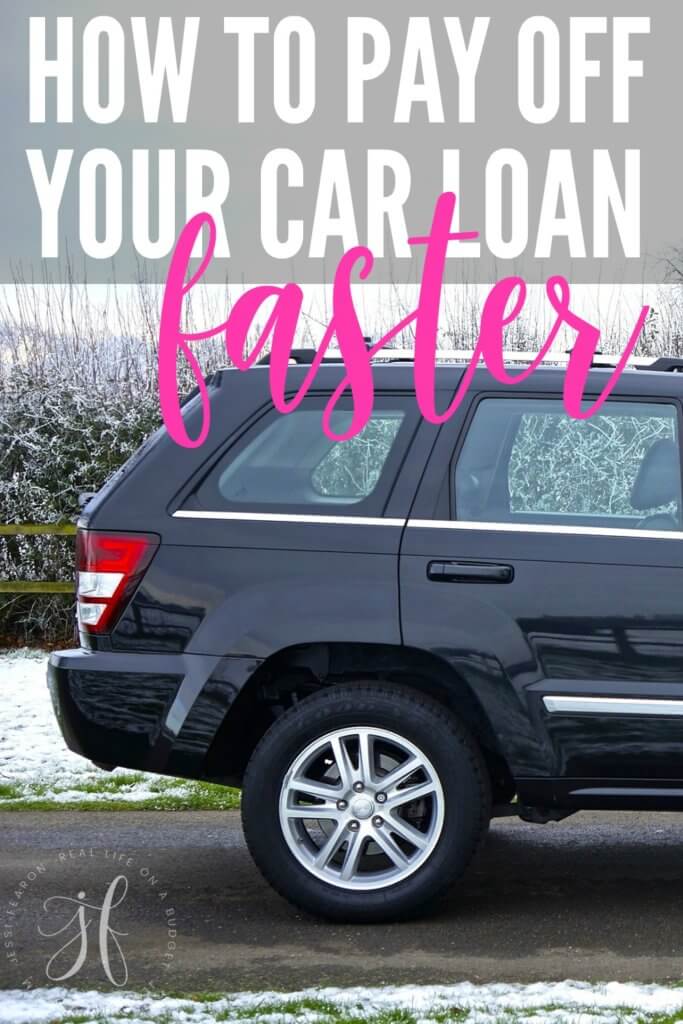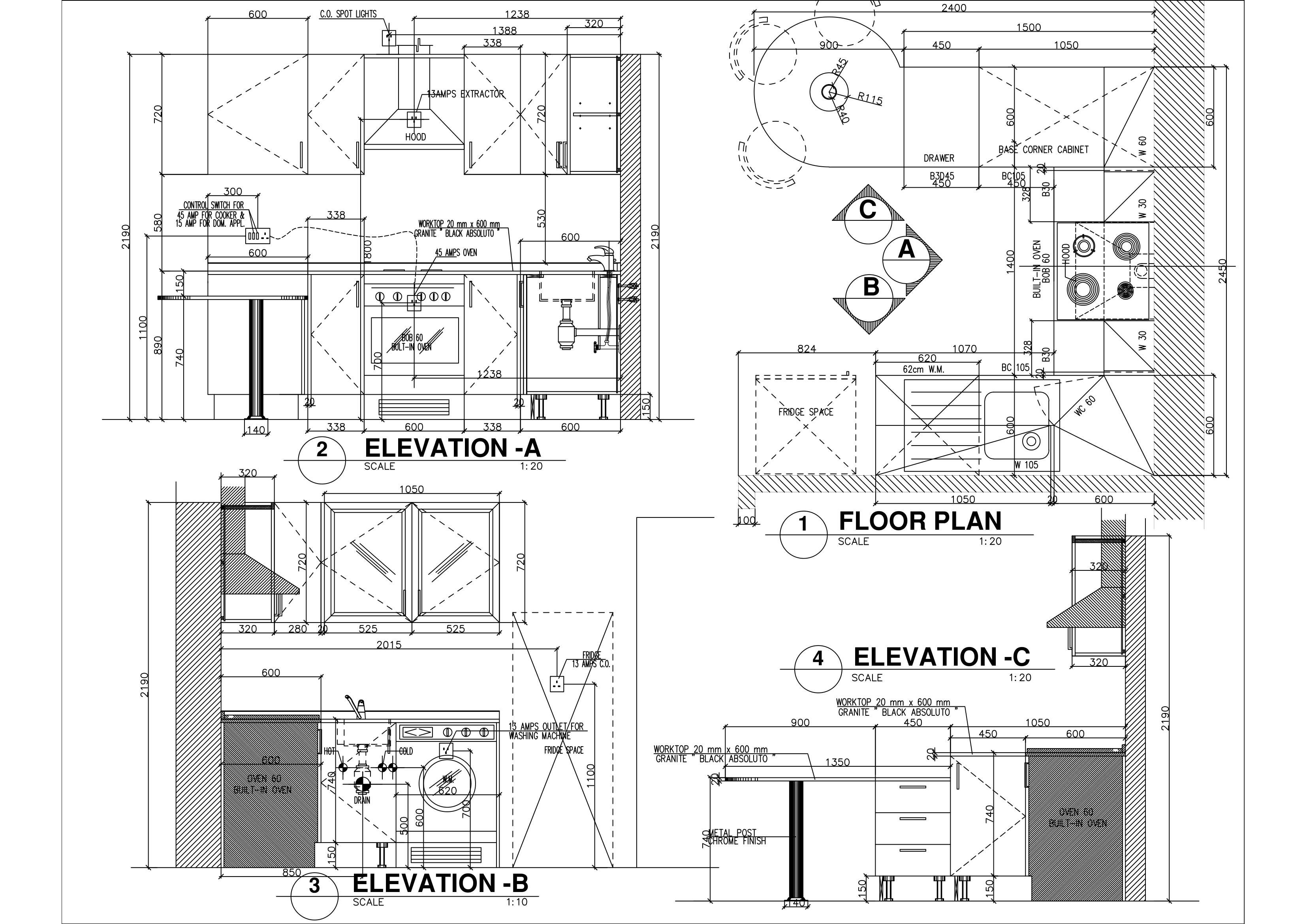Table of Content
Your lender will require various financial documents to prove your income, assets, and debts. This usually includes W-2s, tax returns, 1099s, bank statements, and more. You’ll also need to agree to a credit check, which allows them to evaluate your payment habits and history with debt. If you’re eyeing a home equity loan on your paid-off house, Discover is an option. The bank offers credit cards, loans, online banking services, and more.

Except, instead of paying down a credit card’s principal balance or making minimum payments each month, all you have to pay during a HELOC’s draw period is interest on your balance. For instance, for a HELOC at 6% with a $25,000 balance, the monthly interest payments are $125 a month. Cash-out refinancing is not cheap, and you may not get a lower interest rate than that of your current first mortgage. However, your monthly payment is likely to be lower than that of your mortgage and HELOC payments combined. Spreading out a 5-year repayment schedule over 30 years is likely to accomplish that. Luckily, mortgage lenders have no restrictions on how you can use proceeds from a cash-out refinance.
How does a cash-out refinance work?
It turns your equity into a line of credit, which you can withdraw from as needed over an extended period. These can be good options if you’re not sure how much money you’ll need or if you have recurring expenses to cover. Your credit history, debt-to-income ratio, and other financial elements affect the mortgage rate you’ll get. If you have a poor credit score or other financial issues, you may not qualify for a reasonable interest rate. Debt consolidation — You can also use a cash-out refinance to pay off other high-interest loans.
If you need the cash to pay off consumer debt, take the steps you need to get your spending under control so you don’t get trapped in an endless cycle of debt reloading. The Consumer Financial Protection Bureau has a number of excellent guides to help determine if a refinance is a good choice for you. A cash-out refinance is a mortgage refinancing option that lets you convert home equity into cash. A new mortgage is taken out for more than your previous mortgage balance, and the difference is paid to you in cash. Cash-out refinance borrowers have the opportunity to deduct the interest on their original loan balance only if they use the equity to make improvements to the property’s value.
Outstanding mortgage balance
Your house is more than likely to be your most valuable asset. And since you own it outright, you have a lot of money locked up in it. Having a house that's bought and paid for can be a good source of cash when you need it. You want to use your home equity to purchase unnecessary luxuries, like an expensive car, electronics, or a vacation. Make sure you understand the pros and cons of each type of financing and choose the best one for you based on your specific goals. For instance, say your current home has two bedrooms and you need four.
For people without a mortgage, you have a 0% CLTV, which means you definitely meet the CLTV requirement for a home equity loan. If your home is paid off, however, you don't have a mortgage to repay, so the full amount of the loan becomes yours to do with as you please. If you know the exact amount you need to borrow and aren't comfortable with the uncertainty of a variable interest rate, a home equity loan is probably a better choice for you. Not having a mortgage only increases the amount you can borrow with a home equity loan. HELOCs aren’t as easily attainable, however, have smaller loan limits in general and are subject to increasing market rates. Many homeowners like the flexibility of a HELOC, which works more like a credit card you can use when you need it.
Cash-out refinance loan
Home equity lines of credit often have a draw period of 10 years, meaning you can borrow from the credit line and repay it, as often as you want, within that time frame. After the draw period ends, there’s typically a repayment period of up to 20 years when you cannot borrow from the HELOC and must repay any outstanding balance with interest. As with a cash-out refinance, the amount you can borrow is based on your home’s value. You can pay closing costs out of pocket, or your lender might be willing to cover part of them in exchange for a higher interest rate.

Cash-out refinances also usually give you access to lower interest rates than credit cards. If you need extra cash to cover expenses, a cash-out refinance could be a great option. If you are at least 62 years old, you have one more option to tap into the equity in your home – the Reverse Mortgage. This FHA program gives you access to a portion of the equity of your home and does not require monthly payments. This can help you get the cash you need without strapping you for cash each month. In addition, your low credit score may not even affect your ability to secure the funds.
If you don’t have a good reason, you likely won’t be able to use FHA if you currently own a satisfactory home. See this comparison of the best home improvement loans for more information.
Beyond lender input, be realistic about how much cash you need. Remember, you’ll be paying interest on the total amount you receive, so don’t take out more money than you need. And, you’re going through the underwriting process with all the verifications and paperwork required that you did when you bought your home. A cash-out refinance isn’t the only way to turn your home equity into cash.
You can typically borrow up to 80% of your home’s value using a cash-out refinance. With the VA cash-out refi you could potentially get up to 100% of your home’s value, but only veterans and active duty service members have VA loan eligibility. If you own your home outright — with no current mortgage — its value is all equity. You can tap that equity by taking out a loan against the home’s value. Though a cash loan looks like a profitable method to obtain a short-term loan, there are lots of conditions that need to be fulfilled. Yet a cash loan could be the solution to your problems as long as you can pay back the funding soon.

When you borrow against your house, you'll get a competitive interest rate by applying with multiple home equity loan lenders. For example, you might want to start with a bank or credit union you already have a relationship with. Additionally, consider other local, regional or national banks and online lenders.
A home equity line of credit is similar to a home equity loan. But rather than receiving a lump sum of cash, borrowers get access to a line of credit to draw from as needed. The type of loan you’ll qualify for depends on your credit score, debt-to-income ratio , loan-to-value ratio , and other factors.
Under the Truth in Lending Act, you have the right to rescind your HELOC or refinance loan within three days of closing. Reverse mortgages can help older homeowners with things like medical expenses. The government doesn’t let you take more than 50 percent out in a refinance than the value of the property. The owners of the house can live in their home the rest of their lives with this sort of loan. The key benefit of home equity sharing is that it's not a debt. There aren't any payments or interest, and you can use the money however you want.

No comments:
Post a Comment